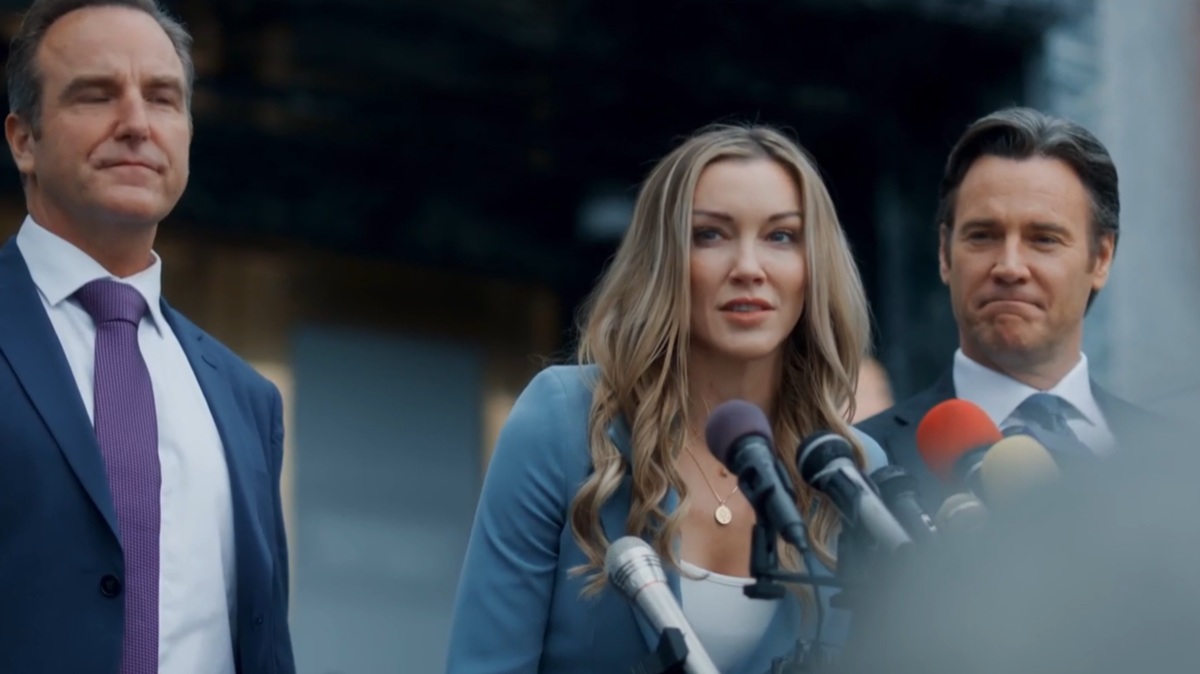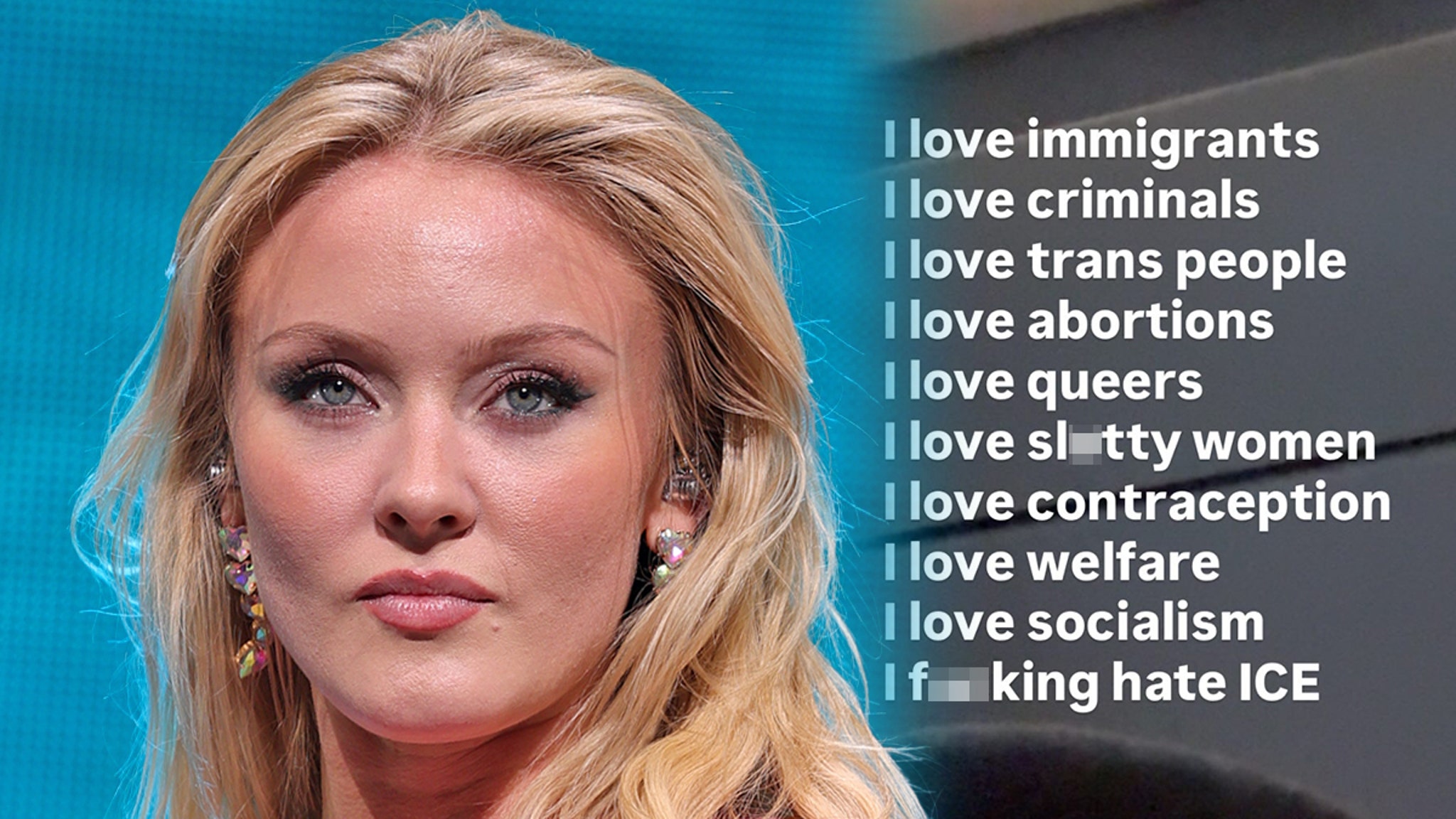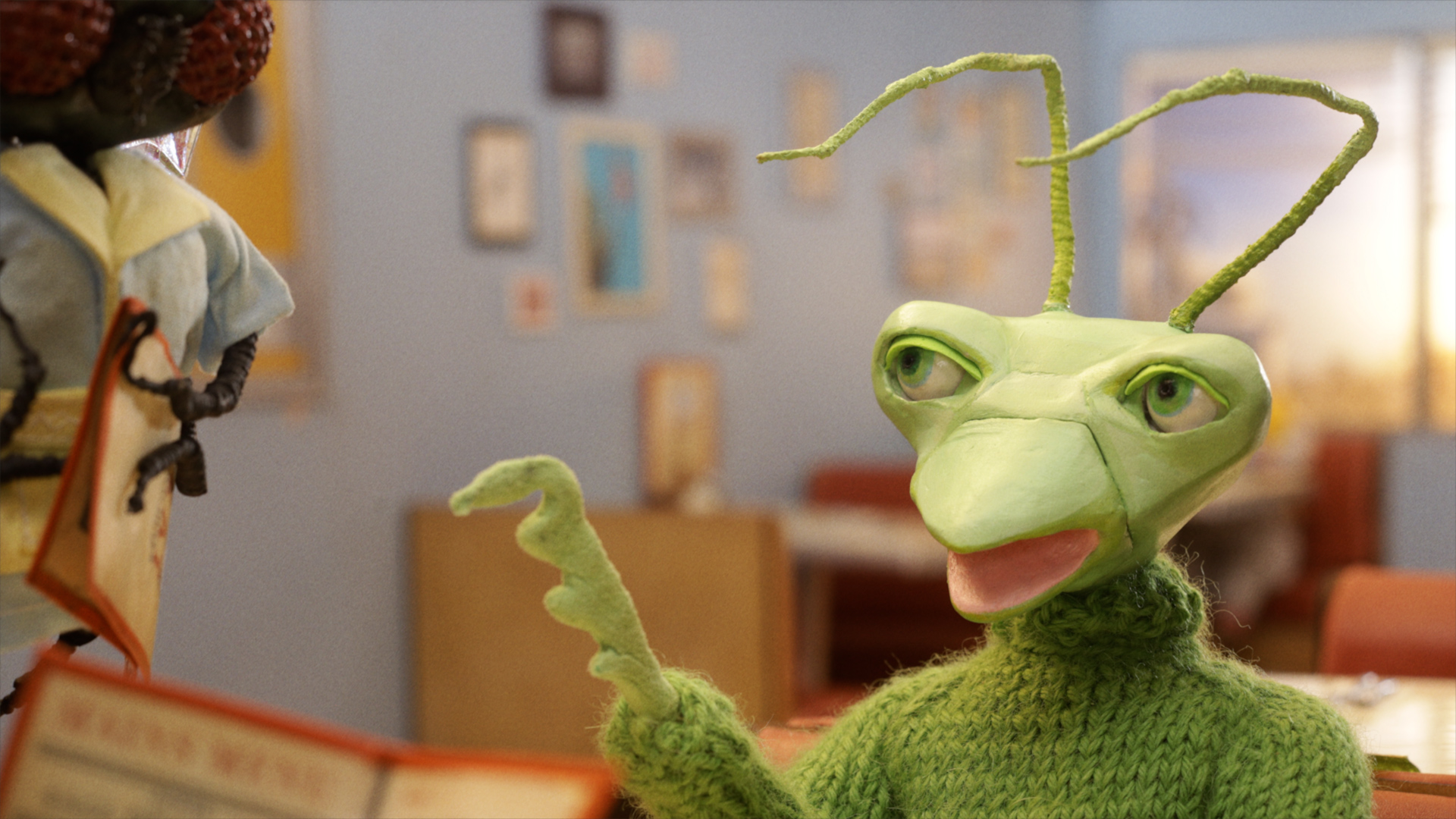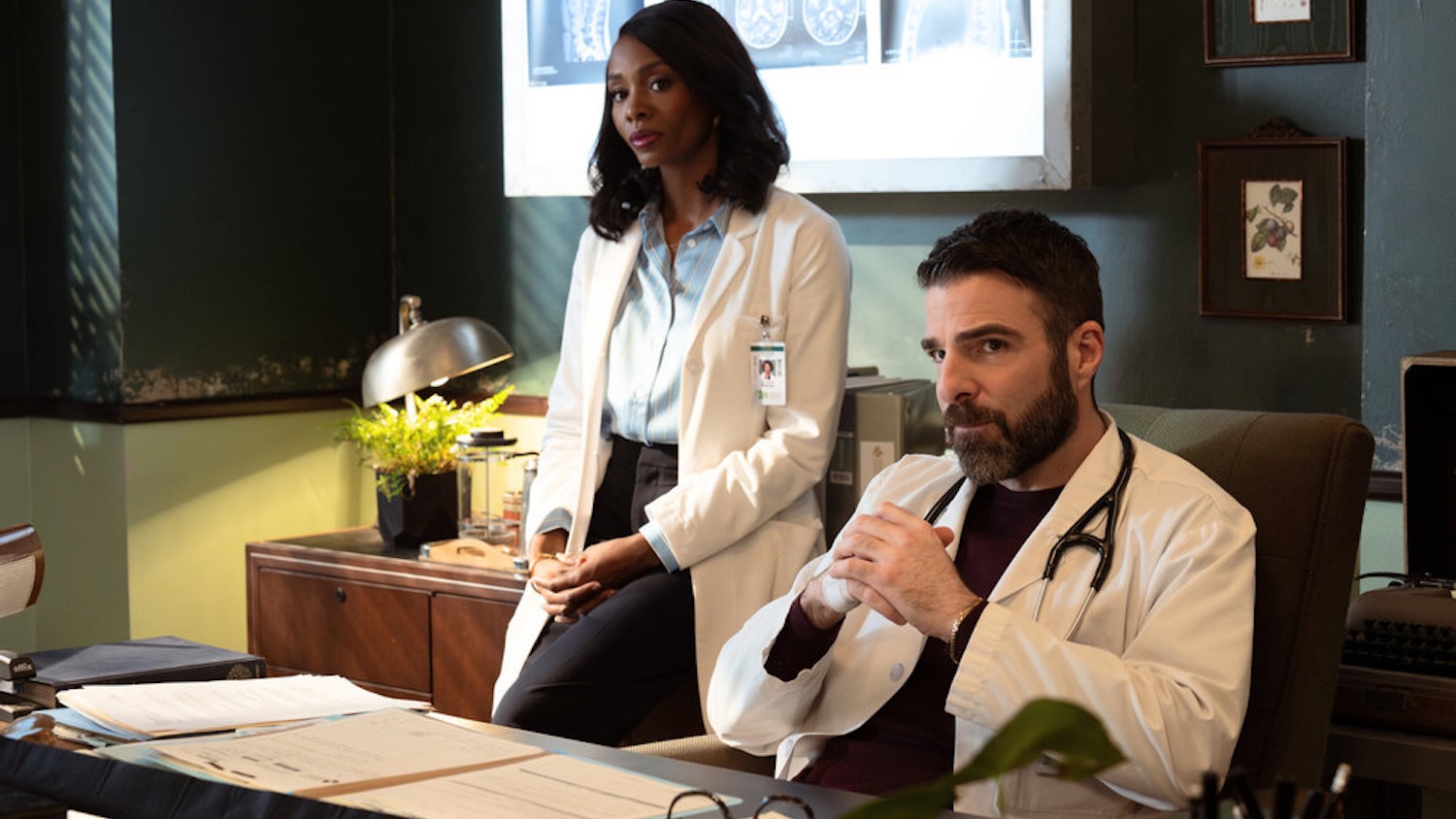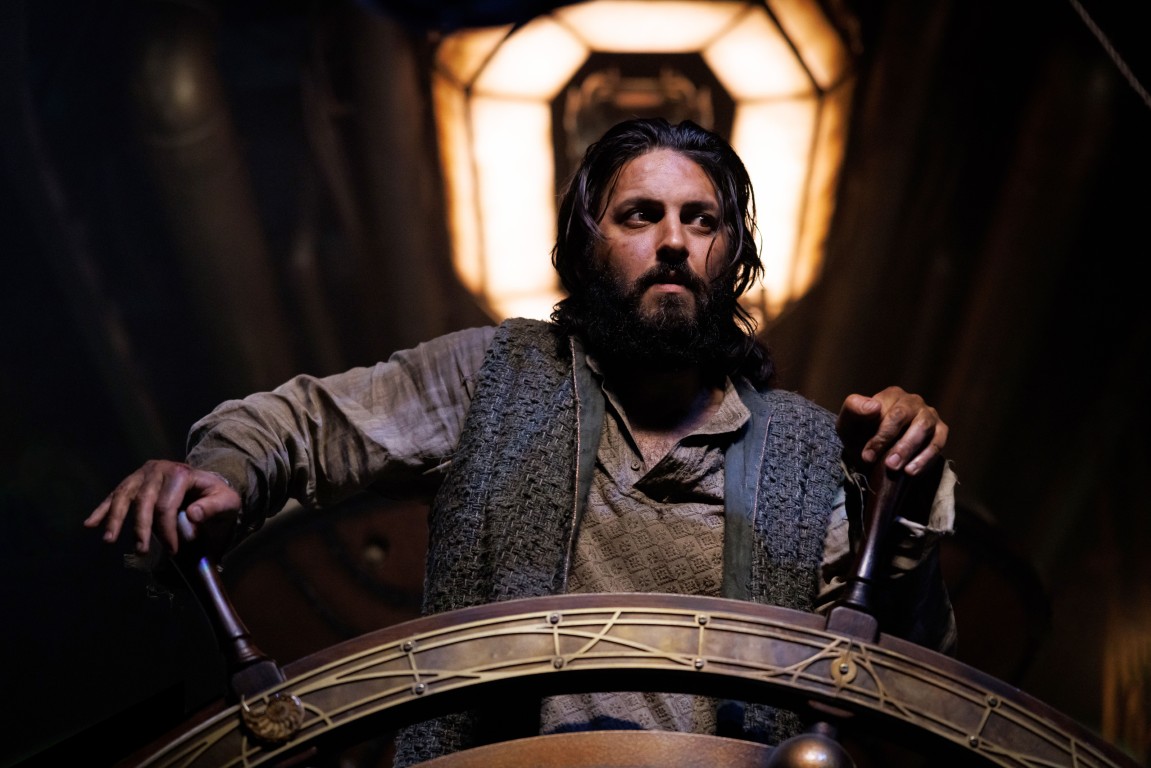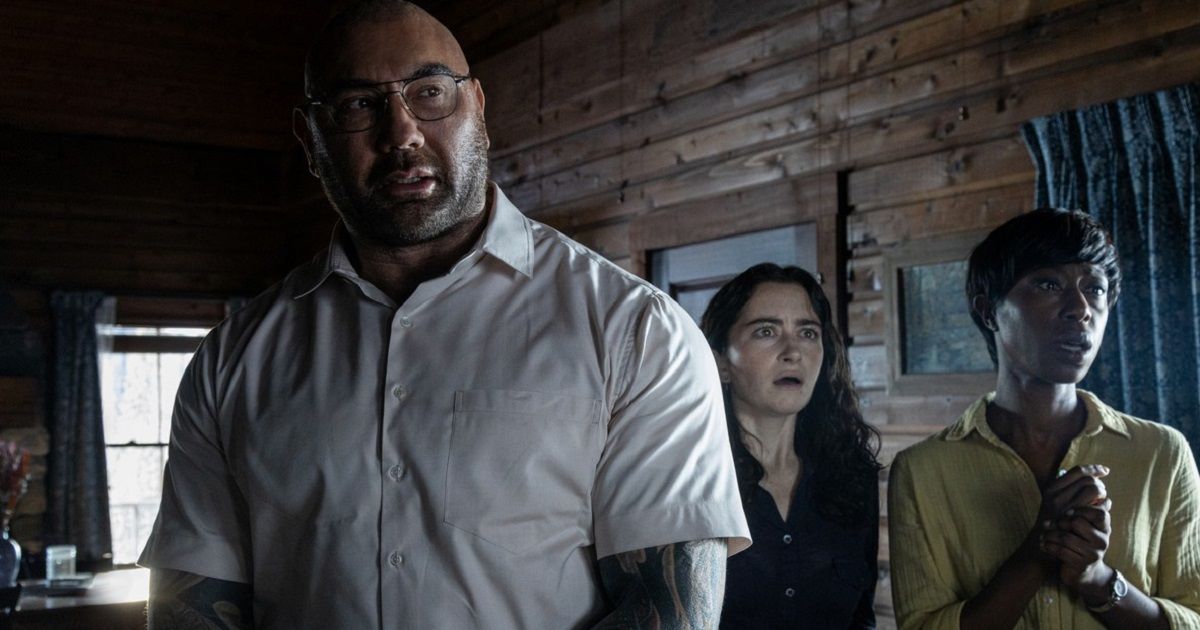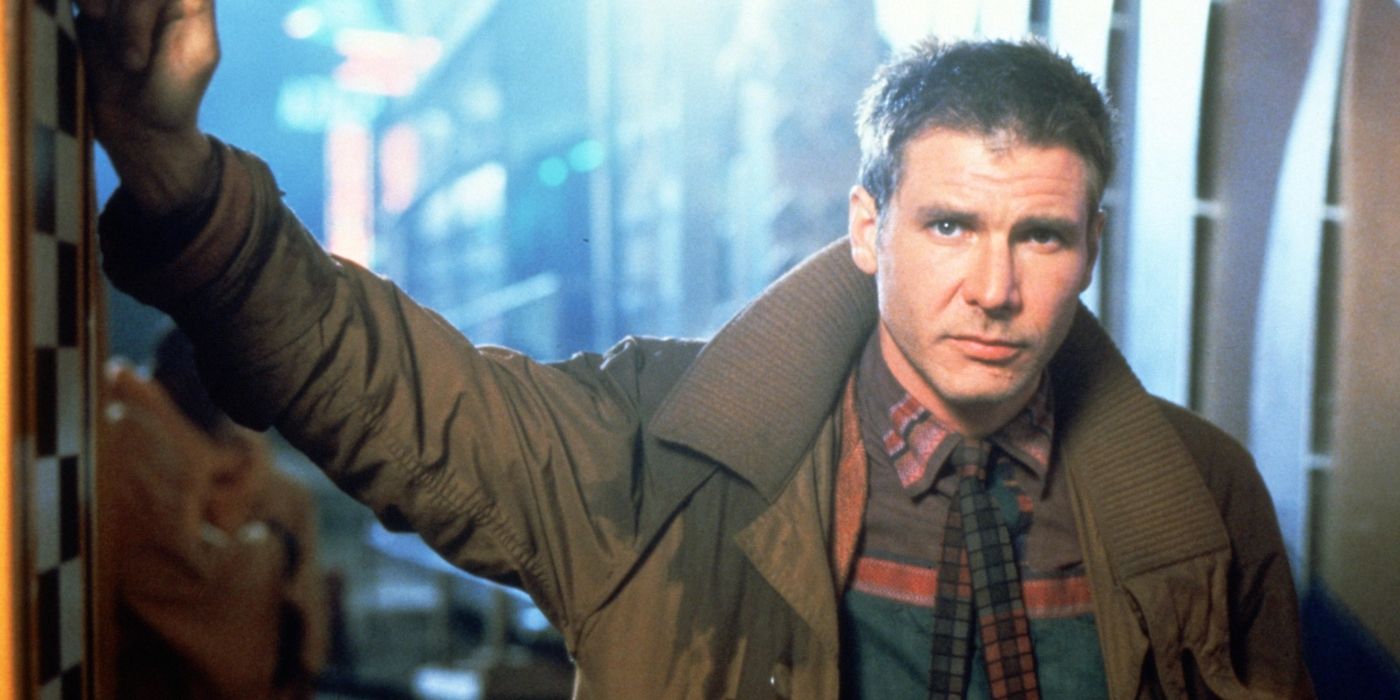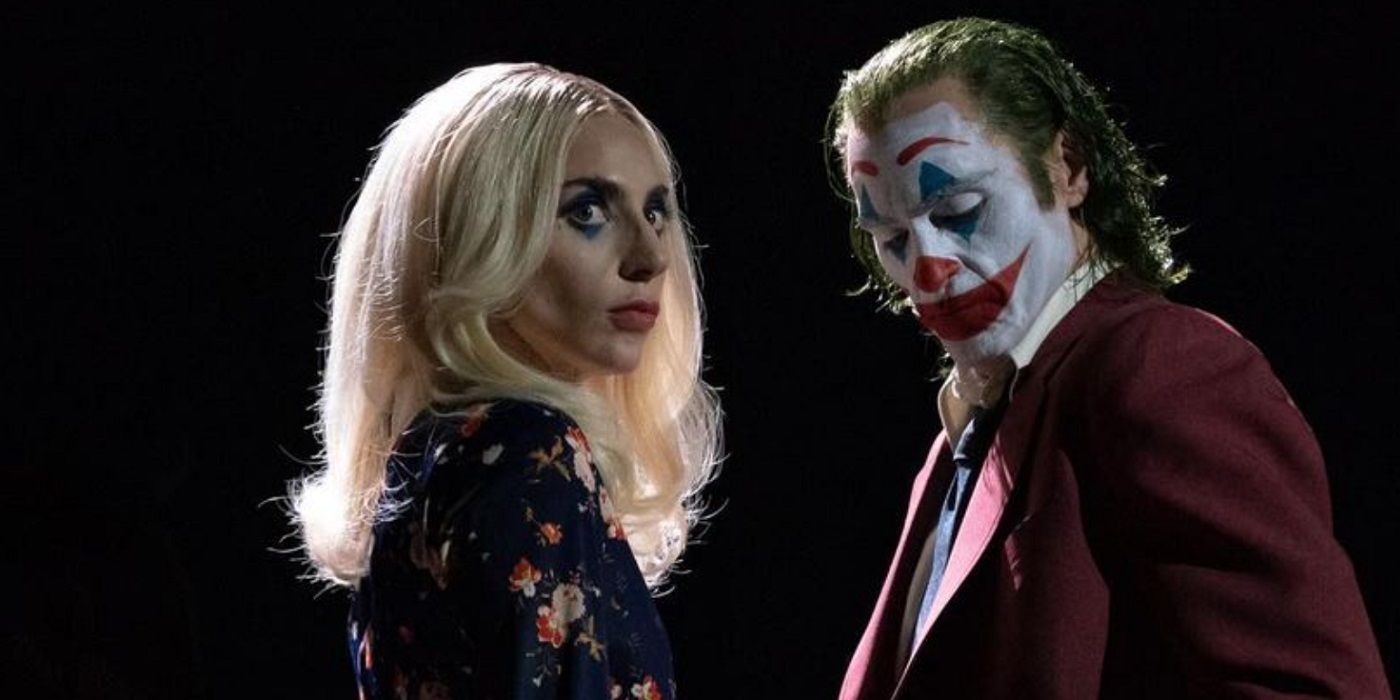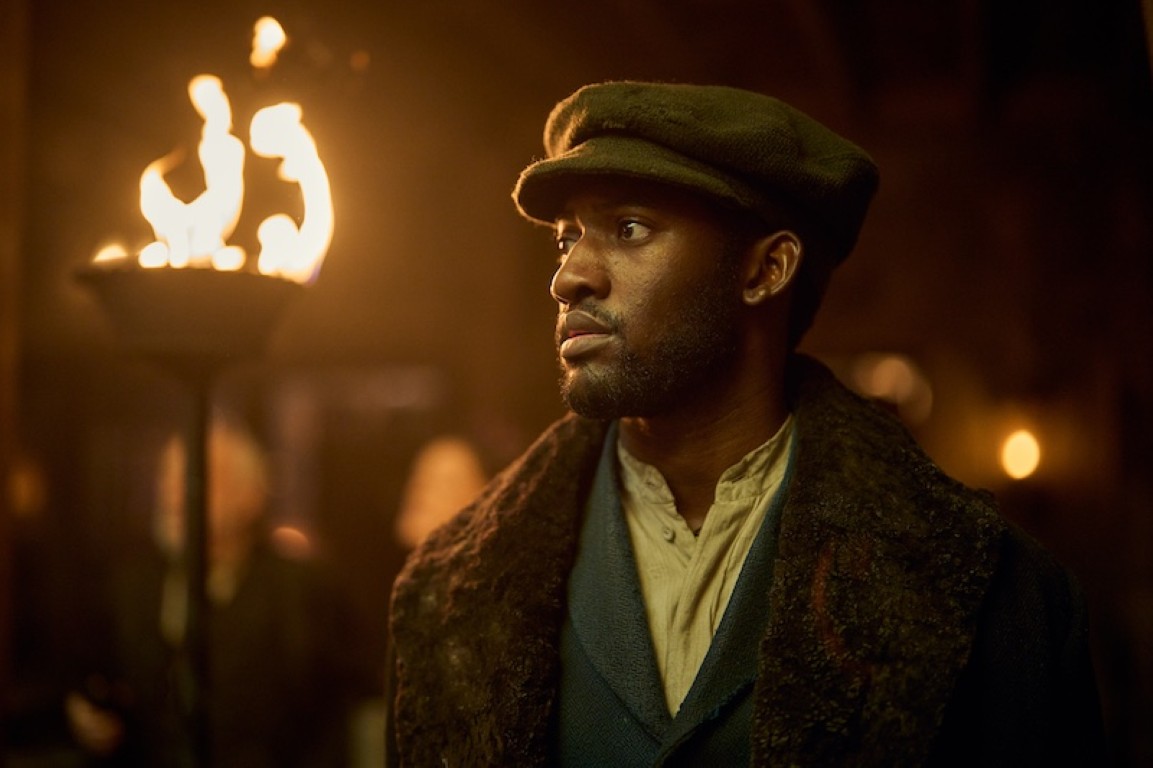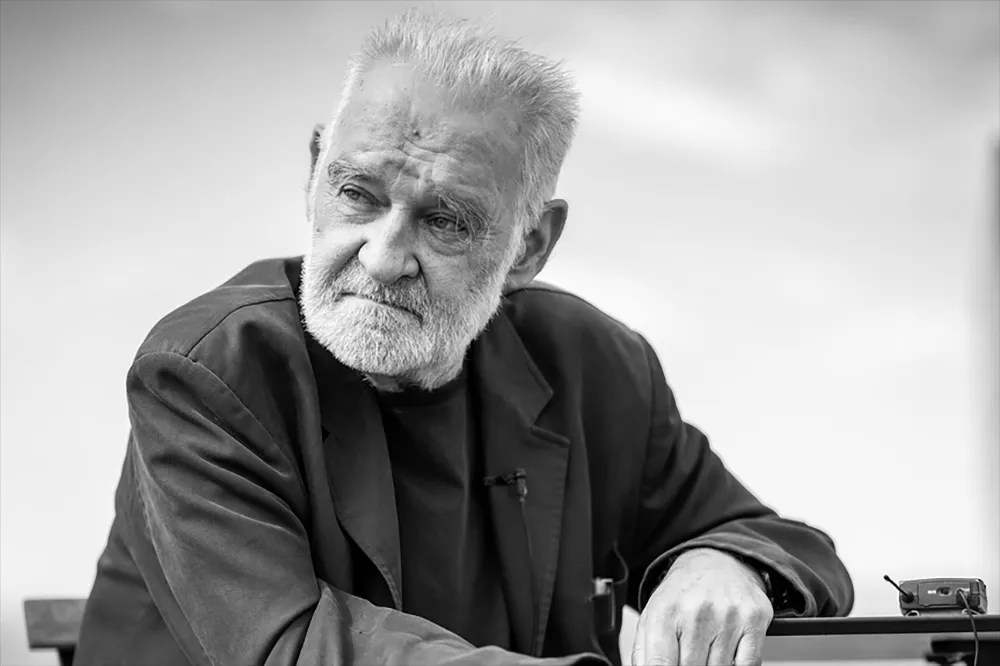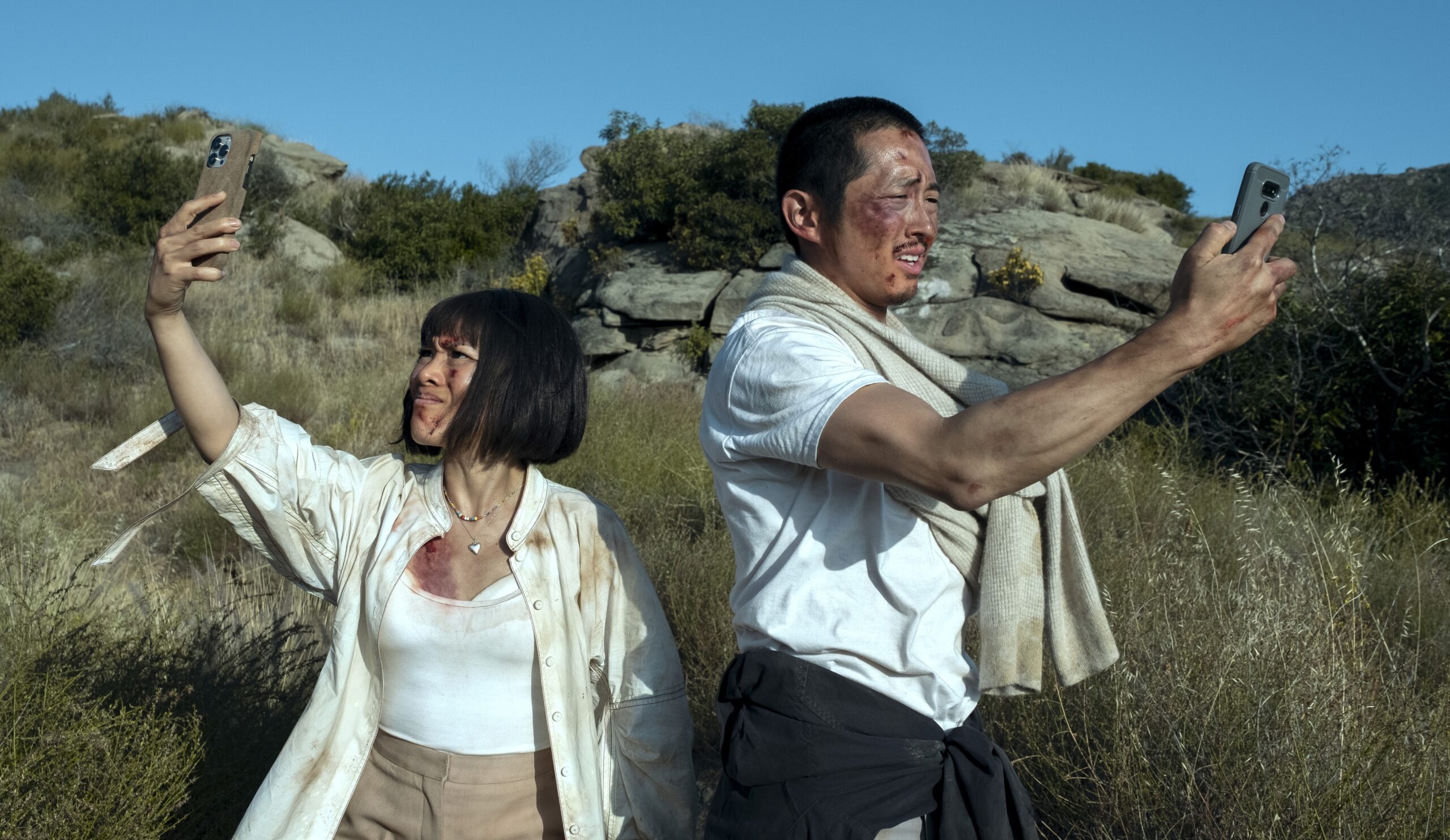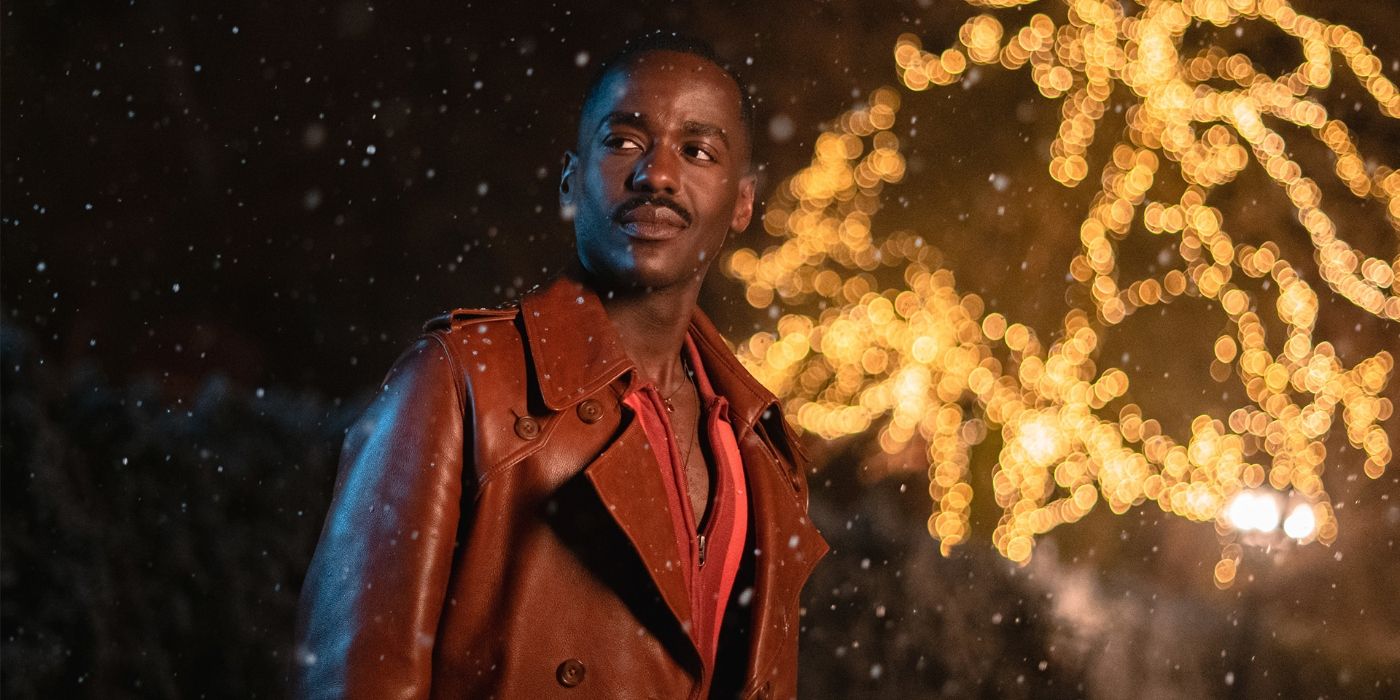
Longtime Doctor Who writer Steven Moffatt has some choice and wise words for fans of the iconic series who think it has suddenly become “woke.” Moffatt made a name for himself writing iconic Doctor Who episodes like “The Girl in the Fireplace” and “Blink” before becoming the show’s new showrunner, starting with Series 5 up until the end of Series 12 and introduced Matt Smith’s Eleventh Doctor and Peter Capaldi’s Twelfth Doctor. Moffatt is now set to pen the annual Christmas special, “Joy to the World,” for Ncuti Gatwa’s Fifteenth Doctor.
As in much of pop culture, Doctor Who became the subject of backlash from a segment of its audience that claimed the series was pushing an “agenda,” one that just happened to coincide with the introduction of the first female Doctor, played by Jodie Whitaker, and Ncuti Gatwa being the first Black man to play the Doctor. While speaking with The Times, Moffatt weighed in on the accusations that the series is seemingly pushing some agenda:
If you’re to harvest the show for things that you don’t agree with so you can feel pleasurably irate, help yourself. But don’t pretend that you’ve uncovered our secret agenda. Because we don’t have one.
1:39
Related
Doctor Who: The BBC Did Not Sell Out to Disney+
Here is everything we know about the BBC’s streaming deal with Disney+, why it is a good thing, and what it means for the future of Doctor Who.
Moffat went on, saying that not only is the Doctor a classically liberal character, but people’s fear of something being “woke” is ridiculous and likely something most people don’t care about in their day-to-day lives. “The entire culture war is like the Time War. It’s a war that absolutely no one notices is going on, and we don’t have the budget to show anyway,” said Moffat, adding:
“Literally no one cares about any of this guff. Literally nobody. You know, maybe a few fatuous media lovers like me wandering around in our tiny bubble with all the other pinheads who give a sh*t about this, but check the bus queues and restaurants in Britain. Go and listen outside the living rooms. Do you think they’re talking about any of this bloody crap? Course they’re not.”
“Most of them wouldn’t know what the word ‘woke’ meant, except, you know, as a distinction between being asleep and not, for goodness’ sake,” continued Moffat. “Stop it. Nobody cares. The Doctor is a classic liberal in the sense that he thinks he should be in charge and someone should get him tea.”
Anyone who has watched Doctor Who should not be surprised by Moffat’s take or even think he is reaching. Even when the series returned in 2005, creator Russell T. Davies used the show to tackle some heavy political themes, particularly commenting on the UK’s position during the War on Terror. 2005’s episode “Dalek” features a multi-billionaire who is seemingly so rich he has influence on the United States presidential election, which feels eerily like an omen for a particular individual who would go on to buy Twitter and rebrand it as X.
Doctor Who has been a series with social commentary baked into it, but starting in the 2010s, this seemingly became an issue for some fans who likely didn’t pick up on the political themes in earlier episodes when they were younger.
Stop Taking Accusation of “Being Woke” Seriously
It is nice to see a creative like Steven Moffatt be so blunt about the ridiculousness of the “woke” accusations. It feels far too often that studios and artists are too willing to engage bad-faith arguments instead of calling them out.
Much of the “woke” criticism only tends to appear when a piece of media displays any person of color, a woman, or any other underrepresented minority in a lead role. Series like The Acolyte were accused of being “woke,” which was never a criticism of the series’ actual political leanings or messaging, but more about the presence of people of color and women. At a time when studios are pulling episodes of television series featuring transgender characters due to fear of backlash, Moffatt’s comment is reassuring and also incredibly insightful.
Related
‘Doctor Who’s Steven Moffat Explains Why AI Technology is Destined to Fail
Moffat’s condemnation of generative AI technology is characteristically morbid for the former Doctor Who showrunner, but not necessarily untrue.
Moffat is especially dead-on about people outside the media bubble not really caring about this stuff. While some individuals online might hate Brie Larson for being Captain Marvel or still complain about the Star Wars sequel trilogy and make that their whole personality, most people go on with their day-to-day lives and don’t think about that stuff. It’s just weird.
In terms of franchises like Marvel, Star Wars, and Doctor Who, there is also the factor that children are the target demographic for these franchises, and they don’t care about who plays the Doctor or what their pronouns are. They are enjoying the story and, hopefully, in time, will grow up and help shift the cultural conversation back to a more meaningful, thoughtful discussion, and these empty criticisms of something “being woke” will be a thing of the past.
Your changes have been saved
Doctor Who
An alien from the planet Gallifrey travels through time and space to explore, solve problems and fight injustice while also making friends with human beings. His spaceship, called TARDIS, resembles a police box, but it is much more than it appears to be.
Release Date
March 26, 2005
Cast
Jodie Whittaker
, Christopher Eccleston
, David Tennant
, Matt Smith
, Peter Capaldi
, Billie Piper
, Karen Gillan
, Catherine Tate
, Jenna Coleman
, Alex Kingston
, John Barrowman
, Tosin Cole
, Arthur Darvill
Network
BBC
Creator(s)
Donald Wilson
, Sydney Newman
You can view the original article HERE.


